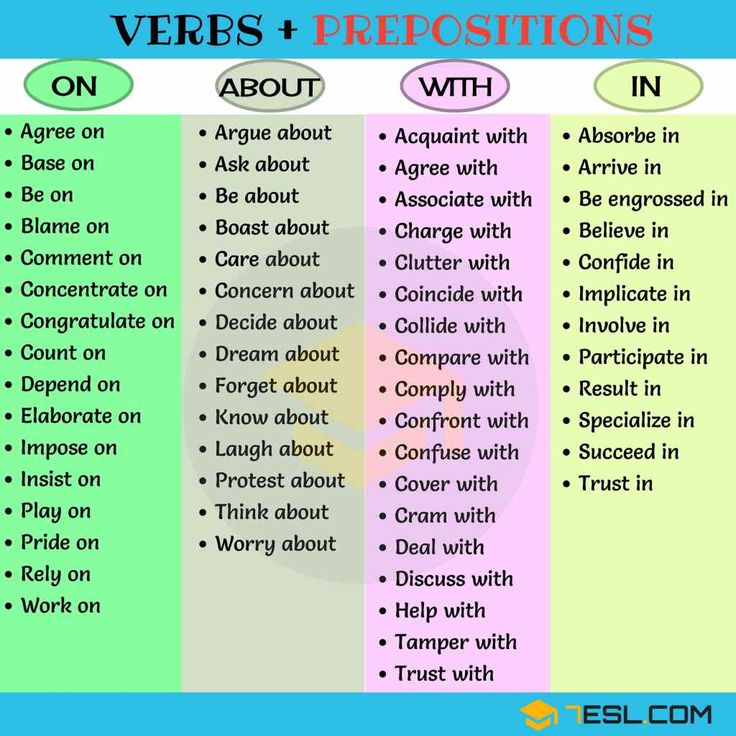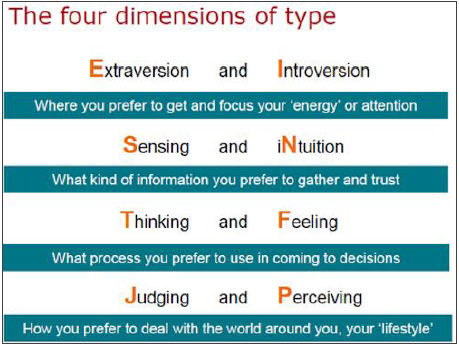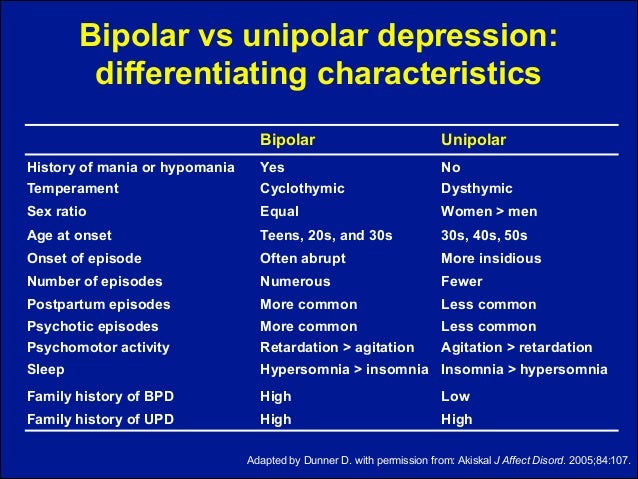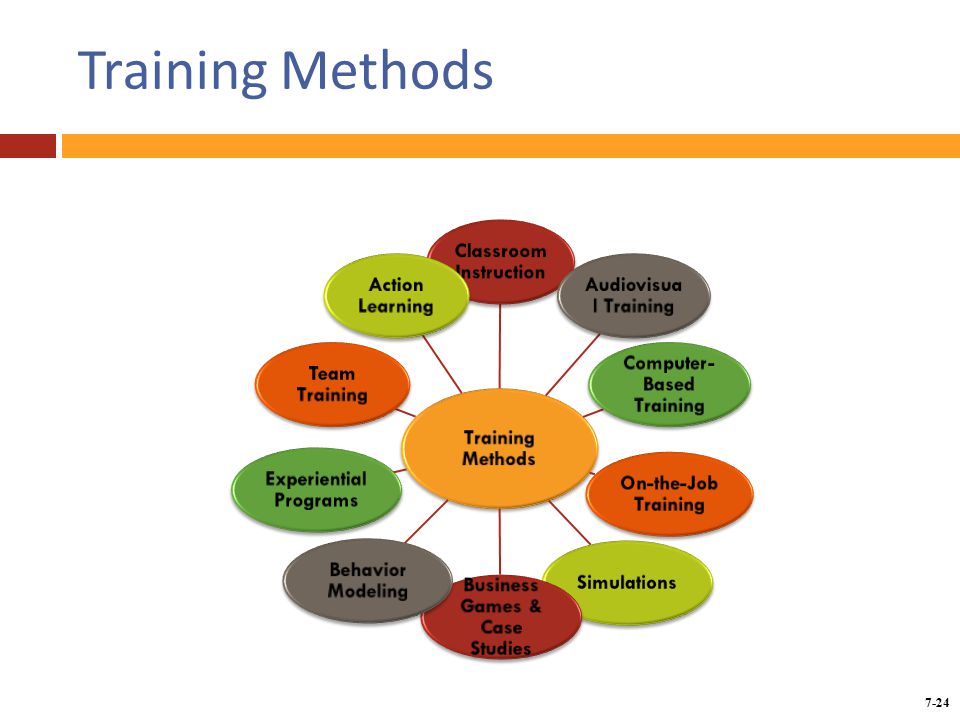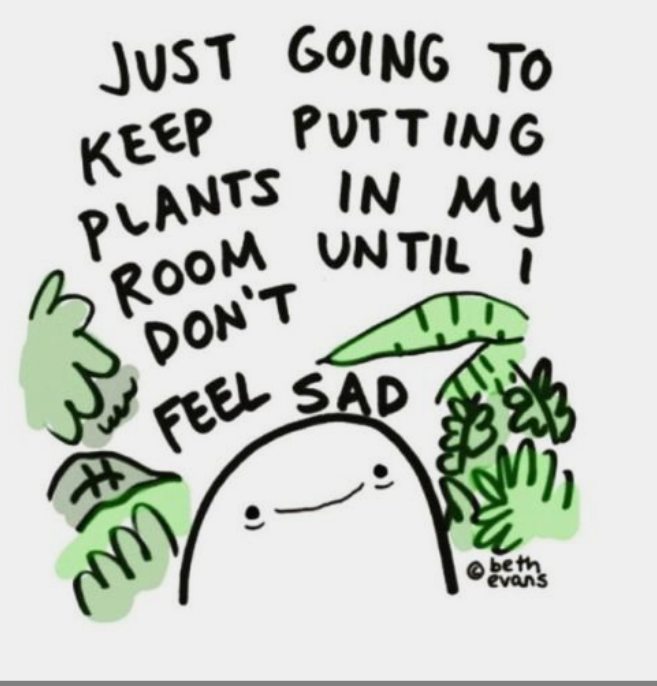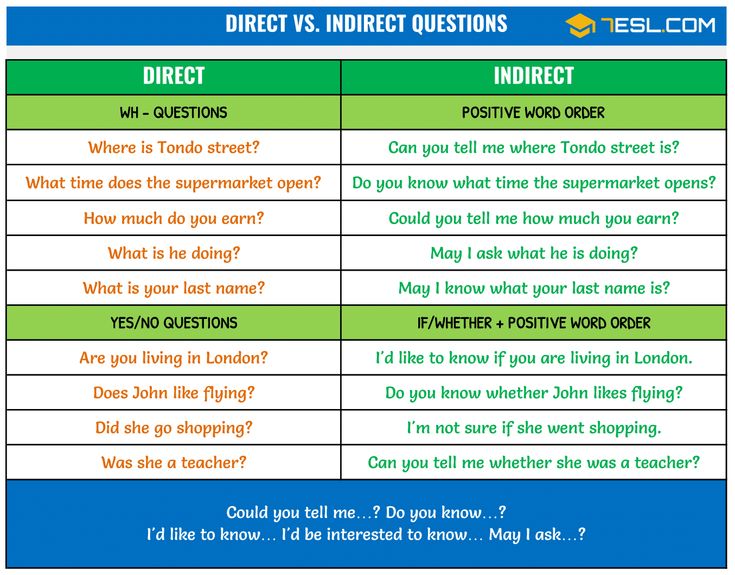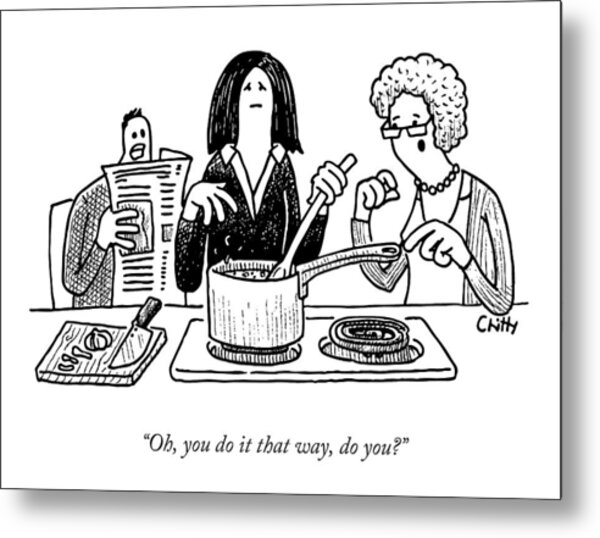What is the opposite of worry
What's the Opposite of Anxiety?
I wanted so desperately to talk to Suchin and Lucky, the 8-year-old sons of my parents friends visiting us from India. But my anxiety, circular thinking, and what-if questions got the better of me. So, I stood in the corner of our living room pretending to be obsessed with a Lego castle I had constructed earlier that day.
My dad finally moseyed over and knelt down next to me. In his ever-gentle tone he nudged, Suchin and Lucky are exactly your age, you know. Maybe you can ask them to play.
Do I have to? Maybe they dont want to play. I glanced over at them now sitting on the sofa staring into space and continued, They look busy.
Honey, Im pretty sure if you asked, theyd love to build something with you or go outside on the swing set. What do you think?
OK, but I feel nervous.
My dad rubbed my back. He was all too familiar with my anxious episodes and knew the best way to connect with me was with patience and empathy. After a minute or so, my dad squeezed his index finger and thumb really close together until they almost touched and said, Listen honey, all you need is the tiniest bit of bravery. Just this iddy biddy bit. Think about it and try to talk to them.
I reflect on that day sometimes. I think about how I finally mustered up what I thought was courage, and asked the boys with mostly hand gestures to play outside. I think about how Suchin and I became the best of friends and remain close to this day. But I also think often about whether the antidote to anxiety is just a little bit of courage. In fact, I wonder, what is the opposite of anxiety?
If we look at it from a physiological perspective, in the throes of anxiety our bodies kick off the flight-or-fight responseour automated threat response system that releases a cascade of hormones to give us the strength and speed to deal with objective danger. When this alarm goes off, we have some very physical symptoms: our heart races, our breath is shallow, our palms get sweaty, etc.
If this response encapsulates anxiety, then the opposite is not courage. The opposite of the fight-or-flight is the rest-and-digest mode, or perhaps just the feeling of peace.
When I think about anxiety, however, I think of it more holistically than just what is happening to my body. I think about the journey of my anxious mind. For example, when I wanted to go talk to Suchin and Lucky, the thoughts passing through my head were something like this:
What if they laugh at me? What if they ignore me? What if I say something silly?
Heres the thing, despite these thoughts, I can tell you with conviction that deep within me lay a wellspring of confidence. In fact, even as a child, humor and charm, strengths highly valued in social situations, were some of my core strengths. The temporary thoughts I had when I felt anxious were notoriously inaccurate, and a hallmark of anxiety. In giving credence those inaccuracies, I lacked a certain type of faith in myself.
So I dare to say now that the opposite of anxiety is not courage, nor is it peace. While these traits can help manage anxiety, the real vanquisher is something else entirely. The opposite of anxiety is trust: trust in our core strengths, trust in our resilience, trust in the process, and trust even in the discomfort of our anxious emotions to deliver important messages.
Looking back on all those encouraging conversations with my father, I know he was communicating this: Trust yourself, Renee. You got this.
Help any anxious child using engaging animations at www.gozen.com
What Is the Opposite of Worry?
I caught sight of a book at the library: The Opposite of Worry. “What IS the opposite of worry?” I asked myself. “Serenity? Peace of mind?” (Not exactly, I would later discover.)
Needless to say, I checked out the book to find the answer to author Lawrence J. Cohen’s thought-provoking riddle. In the process, I learned a few techniques to take the edge off excessive worry for both children and adults.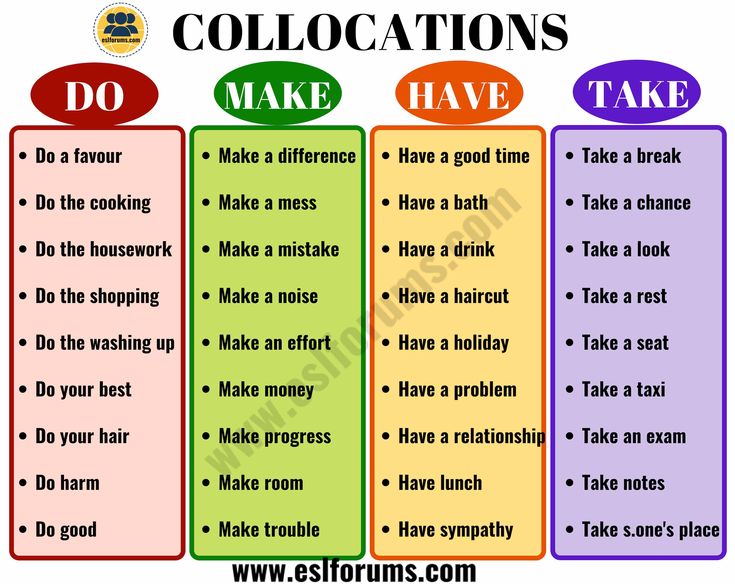 You’ll find some of these specific techniques in an upcoming blog post. But for now, join me in my search for "the opposite of worry."
You’ll find some of these specific techniques in an upcoming blog post. But for now, join me in my search for "the opposite of worry."
Like all emotions, worry and anxiety serve many positive purposes, at least with the right doses. (I’m using “worry” and “anxiety” synonymously here.) For example, our anxiety warns us of danger, keys us up to perform at our peak, and motivates us to take protective actions. But excessive anxiety can be overwhelming, even paralyzing, and panic attacks can be terrifying.
What could help us cope with persistent worry and anxiety? Here are a few things that don’t work:
- Denial: “There’s really nothing to worry about.”
- Avoidance: “I don’t have to face my fears. I’ll just avoid the situations that make me fearful!”
- Repression: “I’ll suppress my true emotions because they don’t make sense anyway.”
- Obsession: “Maybe if I keep thinking about this problem, I can magically solve it.”
Instead, Cohen offers three powerful antidotes to worry:
1. Being held in loving arms. When anxiety is at its highest, words may be inadequate, especially for children. They need a strong sense of internal safety that they cannot yet provide for themselves. This sense of inner safety comes from “being held in safe, loving arms” of caring adults. Adults, too, sometimes need loving arms to alleviate anxiety. Recent research suggests that just holding a loved one’s hand can lessen both physical and emotional pain.
Being held in loving arms. When anxiety is at its highest, words may be inadequate, especially for children. They need a strong sense of internal safety that they cannot yet provide for themselves. This sense of inner safety comes from “being held in safe, loving arms” of caring adults. Adults, too, sometimes need loving arms to alleviate anxiety. Recent research suggests that just holding a loved one’s hand can lessen both physical and emotional pain.
2. Cultivating a soothing inner voice. This voice, instead of adding fuel to the flames of anxiety, can cool down your anxiety with comforting self-talk, such as, “This is just a temporary mood. You’ll feel better soon” or “Just do the best you can.”
3. Befriending all of your emotions. The opposite of worry is learning to welcome and accept every emotion as it arises. As Cohen writes, “When you watch your own emotional flow with no effort to change it, you realize you can endure it. ” You also can make way for the next emotion that comes along—whether joy, sadness, or anger—and express it freely and responsibly. Cohen calls this process “healthy emotional flow.”
” You also can make way for the next emotion that comes along—whether joy, sadness, or anger—and express it freely and responsibly. Cohen calls this process “healthy emotional flow.”
The answer. So, “peace of mind” or “serenity” is not the answer to the riddle. The opposite of worry is not a still and unchanging state; rather it’s a flow of emotions that enables us to acknowledge whatever we are feeling, to express those feelings when necessary, to take action if possible, and then to welcome the next feeling that emerges. To sum it up in a word, the opposite of worry is “mindfulness.”
© Meg Selig, 2014
Meg Selig is the author of Changepower: 37 Secrets to Habit Change Success.
For the difference between normal worry and generalized anxiety disorder, click here.
Under conditions of uncertainty. How to cope with confusion and gain support
Read also
Broken but not broken. Movies that will help perk up "I want to change the family tradition. " Nikita Efremov about his visits to a psychologist and unhealthy relationships 6 books to overcome stress
" Nikita Efremov about his visits to a psychologist and unhealthy relationships 6 books to overcome stress Confusion. It can be difficult for an adult mature person to admit that he is mired in this state. However, it has come to accompany too many of us to ignore it. According to VTsIOM data for 2022, about 30% of Russians surveyed feel confused. How to cope with it and live peacefully?
As children we used to say: “I couldn't answer in class because I was confused” or “They asked me what time it was and I was confused”… Sounds harmless, but confusion is not just a slight confusion. This is an acute emotional state that combines anxiety and a lack of understanding of what is happening around.
Confusion is born in conditions of uncertainty. Moreover, both the already arisen (“What is happening at all ?!”), And the expected (“What will happen next ?!”). It does not matter what exactly brings uncertainty into our lives - global events (for example, a pandemic) or real trifles.
Signs of confusion cannot be overlooked. The head “turns off”, it is difficult to answer simple questions, it is impossible to concentrate, it is difficult to formulate what you want. A person becomes weak-willed, indifferent, it is difficult to communicate with him. He can withdraw into himself and lose the ability to put words into sentences, or he can chatter, shout, jump from topic to topic, ask again, answer inappropriately. All this usually happens against the background of anxiety, sometimes panic attacks.
Confusion can be understood without words. These are postures and movements unusual for a person, excessive emotional reactions to other people and the situation.
This condition may be a sign of emotional burnout. This year, more than half of Russians experienced stressful situations - 57%, and 22% of them considered work to be the main source of stress.
Confusion is, in a sense, the opposite of awareness. We have not yet realized that we are confused, but the body is already giving an answer. Confused people often lose their sense of time, suffer from sleep disturbances, tachycardia, rapid breathing, high blood pressure, sweating, etc.
Confused people often lose their sense of time, suffer from sleep disturbances, tachycardia, rapid breathing, high blood pressure, sweating, etc.
Pexels
Among its main sources are loneliness, obsessive fears, injuries and illnesses (not necessarily mental), personal dramas (loss of loved ones, unrequited love, divorce) and unemployment. Unlike schizophrenia, these problems can usually be overcome. Most often, a strong-willed change in their behavior and lifestyle.
Only a specialist can help determine how strong the confusion is. For starters, a psychologist. If the signs are very pronounced, it makes sense to go for an examination to a psychotherapist or even a psychiatrist. Diagnostics can be done in private centers or regular clinics. But, of course, there are times when a person may well help himself.
Pexels
There are several techniques you can use to deal with confusion. So, online consultations with a psychologist are now becoming more popular than in-office sessions.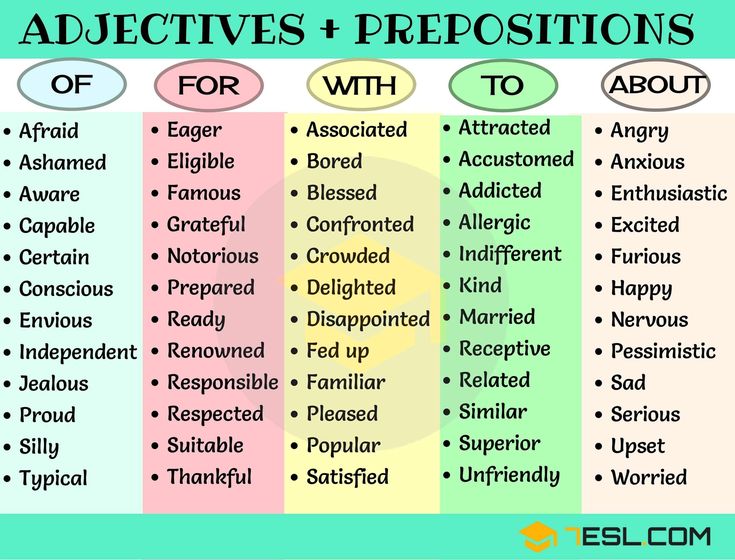 On some platforms, you can track your dynamics: keep a diary of emotions and quickly get digital analytics of your progress.
On some platforms, you can track your dynamics: keep a diary of emotions and quickly get digital analytics of your progress.
Bots created by psychologists can send questions and receive something like a conversation with a specialist. This is not at all like lectures from YouTube or GetCourse, which store an ocean of knowledge, and not always applied. Bots in applications or messengers allow you to receive information quickly and in a dosed manner. This is a good alternative to the news, which is often disturbing and disorienting. Examples of such services are Mindspa, X2 AI, Loona, Flowy - psychological games or an opportunity to find out your problem in a conversation with AI. In the telegram channel, for example, the Faino psychological ambulance chatbot offers various techniques for dealing with anxiety and stress, developed by experienced psychologists.
Moving from a cycle of anxiety to positive emotions can help. But not global, but short-term, for a day or two. To a hotel, country estate or cottage. For a while, the triggers that evoke negative associations and memories disappear from sight. In a new place, the brain will have to devote a little more time to the routine. There will be almost no anxiety left if a person stops acting “on the machine”.
To a hotel, country estate or cottage. For a while, the triggers that evoke negative associations and memories disappear from sight. In a new place, the brain will have to devote a little more time to the routine. There will be almost no anxiety left if a person stops acting “on the machine”.
Pexels
The following technique may seem frivolous, but this does not make it useless: if you take an ordinary balloon and inflate and deflate it until it stretches, you can get rid of unpleasant emotions. It's all about breathing exercises.
Here is another frivolous but effective way. Download the dating app and dislike everyone! By doing this, we show the brain that we can build a barrier to the unwanted new. This develops a sense of managing instability in our lives. If anxiety arises from the fact that events are simply out of control, you can re-experience your ability to make decisions with this simple exercise.
Games at the intersection of technology and psychology are also useful. This is an attempt to divert attention to peaceful entertainment through the projection of the hero in the game. We become attached not only to pets, but also to virtual creatures - this is such a “tamagotchi effect”. When you take care of a character, you heal yourself. For example, Endel music therapy service. According to the developers, the application does not just use ready-made sounds for calming, but generates them in real time using artificial intelligence, which takes into account your location, time of day, heart rate and weather. Moreover, the sounds change during the day, synchronizing with the circadian rhythm.
This is an attempt to divert attention to peaceful entertainment through the projection of the hero in the game. We become attached not only to pets, but also to virtual creatures - this is such a “tamagotchi effect”. When you take care of a character, you heal yourself. For example, Endel music therapy service. According to the developers, the application does not just use ready-made sounds for calming, but generates them in real time using artificial intelligence, which takes into account your location, time of day, heart rate and weather. Moreover, the sounds change during the day, synchronizing with the circadian rhythm.
Unsplash
And a few words about the benefits of creativity... According to the FOM for October 2022, about 70% of the Russians surveyed experience an anxious mood. At the same time, according to VTsIOM, more than 50% of the country's citizens feel instability. Gently accepting the new and the unknown can help any creativity.
Advice for those who suffer from perfectionism
Advice for those who suffer from perfectionism | Big Ideas Personal qualities and skillsArticle published in Harvard Business Review Russia Alice Boyes HANS BLOSSEY/GETTY IMAGES
Perfectionism, like any pronounced character trait, can be both useful and harmful. Demanding and hard work allow perfectionists to stand out in a highly competitive field. Their perseverance helps to gradually improve skills, and conscientiousness helps to avoid mistakes to some extent. The benefits I mentioned and the fear that any flaw will lead to disaster keeps a person in perfectionist thinking. However, there are significant downsides to trying to do the job flawlessly.
Demanding and hard work allow perfectionists to stand out in a highly competitive field. Their perseverance helps to gradually improve skills, and conscientiousness helps to avoid mistakes to some extent. The benefits I mentioned and the fear that any flaw will lead to disaster keeps a person in perfectionist thinking. However, there are significant downsides to trying to do the job flawlessly.
If you want to give up some of your perfectionist habits, or if there is such a person among your subordinates, it is helpful to be aware of ways a perfectionist can sabotage his job. Below I will describe five options. The main motive that connects them: a person loses sight of the big picture.
How perfectionists get in the way
No matter how strong 9 can be0005 Feeling that perfectionism is a useful personality trait, it usually isn't. Not every perfectionist does all of the following, but all of these options are unproductive.
Difficulty making decisions or taking actions.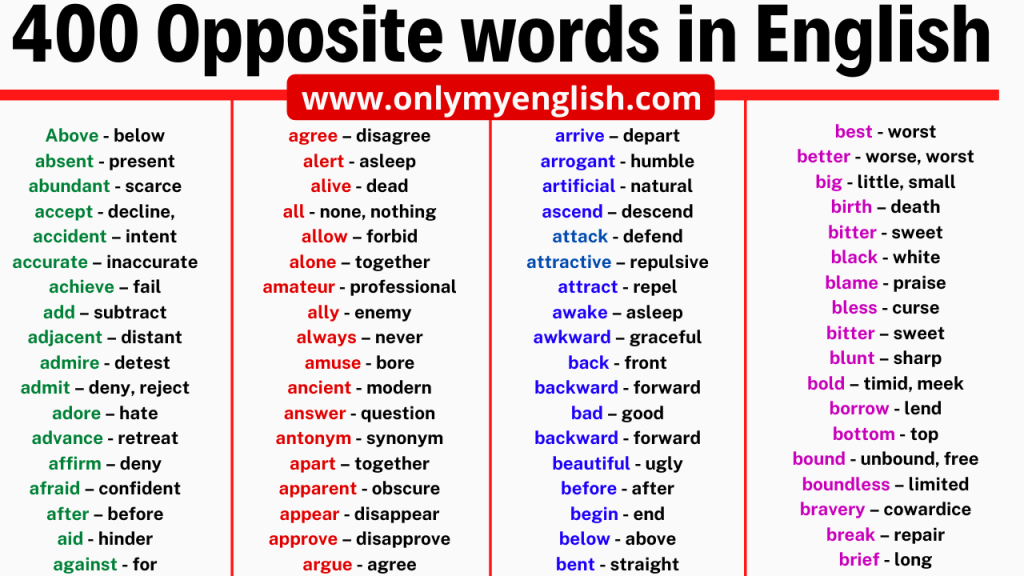 Perfectionists are determined to make the best choices - even when it's not really necessary. This can lead to "decision paralysis". For example, Bob wants to buy a tool that will speed up his work, but is determined to find an option without negative reviews. He tends to do so, even though logic tells him that even great products have negative ratings and that the specific negative comments he read have little to do with how he plans to primarily use the tool. But because of the criteria he set for himself, it takes him several weeks to select a product to buy. As a result, he misses the benefits of using this tool, and the people on his team seem to be indecisive and disorganized person.
Perfectionists are determined to make the best choices - even when it's not really necessary. This can lead to "decision paralysis". For example, Bob wants to buy a tool that will speed up his work, but is determined to find an option without negative reviews. He tends to do so, even though logic tells him that even great products have negative ratings and that the specific negative comments he read have little to do with how he plans to primarily use the tool. But because of the criteria he set for himself, it takes him several weeks to select a product to buy. As a result, he misses the benefits of using this tool, and the people on his team seem to be indecisive and disorganized person.
Excessive worry about sunk costs. Since perfectionists tend to ruminate on even tiny mistakes, they have a strong urge to try to fix a sunk cost situation. For example, Andrea subscribes to some service with a monthly fee, but does not use it. She renews her subscription and aims to get a "double benefit" from the service in the future to emotionally recoup the money she lost in the months she paid her monthly bill but didn't use the service.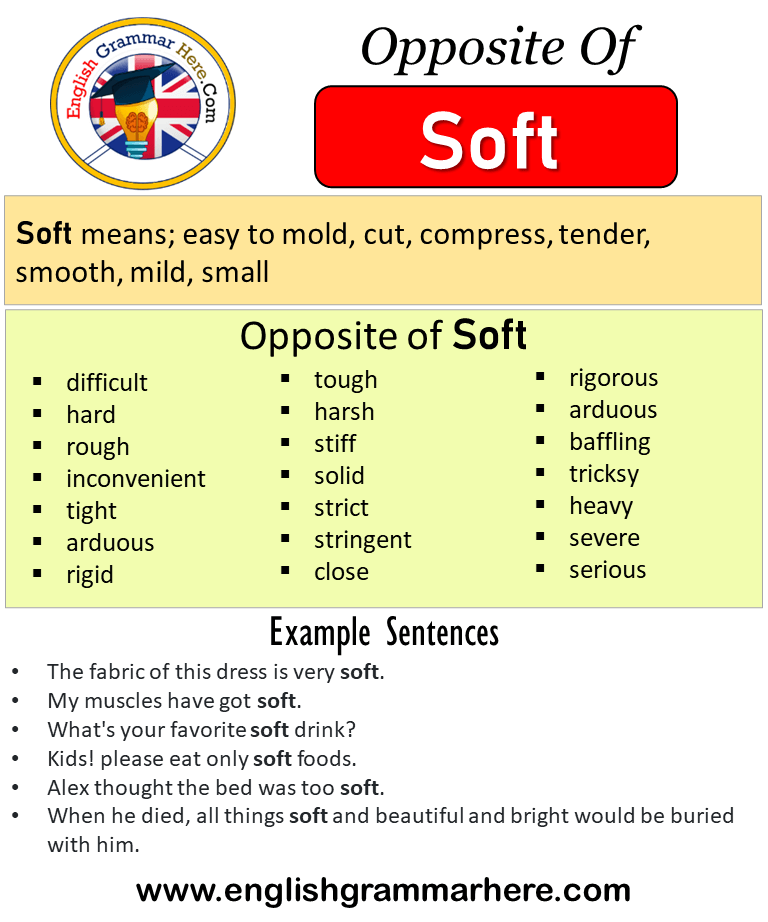 A similar example: Markus, trying to resolve a customer service problem, spends ten minutes on the phone with an agent who obviously can't fix the situation. Marcus doesn't want to give up, so he spends another 20 minutes talking. Perfectionists can spend too much time working on low-impact cases before they decide to move on.
A similar example: Markus, trying to resolve a customer service problem, spends ten minutes on the phone with an agent who obviously can't fix the situation. Marcus doesn't want to give up, so he spends another 20 minutes talking. Perfectionists can spend too much time working on low-impact cases before they decide to move on.
Avoiding difficult tasks as an attempt to avoid failure. Perfectionists want to feel absolutely ready before they take on difficult tasks. This can lead to shying away from promotions or leading roles. For example, Art thinks, "Before I'm going to speak at a conference, I need to take a public speaking course." But in fact, there is no need for this, and he will not take such courses in the near future. As a result, he misses a great opportunity.
Transferring your high standards to other people. In most cases, perfectionists tend to apply their extremely strict standards only to themselves. However, sometimes it happens that a perfectionist also expects other people to meet these standards.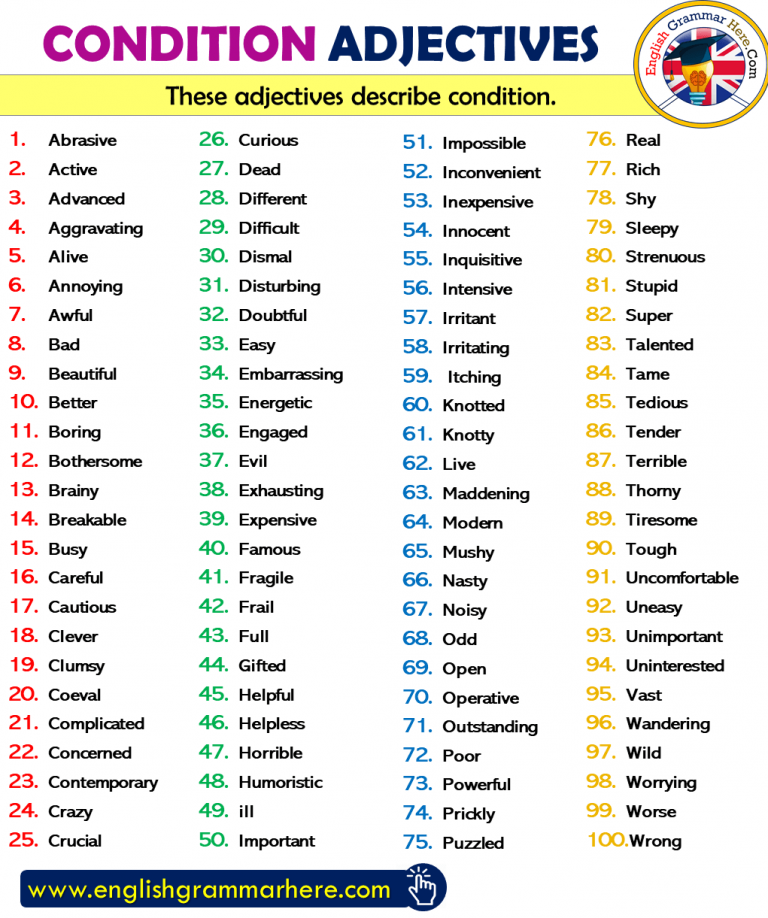 This is especially true for group projects, where the end result will also affect the perfectionist. Ranjay messed up with his colleagues when he suggested last-minute revisions to a presentation they were preparing. The changes were not so significant, but the team members were tired and wanted to go home. They felt like he was putting too much work on them. Finding fault with colleagues or being overly demanding can ruin relationships and sometimes lead to social isolation of the perfectionist because it is emotionally difficult to be with him.
This is especially true for group projects, where the end result will also affect the perfectionist. Ranjay messed up with his colleagues when he suggested last-minute revisions to a presentation they were preparing. The changes were not so significant, but the team members were tired and wanted to go home. They felt like he was putting too much work on them. Finding fault with colleagues or being overly demanding can ruin relationships and sometimes lead to social isolation of the perfectionist because it is emotionally difficult to be with him.
Obsessive thoughts about weaknesses, mistakes and failures. One of the reasons why perfectionists are so eager to avoid small mistakes is that making such mistakes activates their tendency to intrusive thoughts. Andrea thinks over and over again about the subscription service she doesn't use. Ranjay can't get over how casual that presentation looked. Obsessive rumination is negatively tinged, thinking too much about what has already happened (as opposed to worrying too much about situations that might happen).